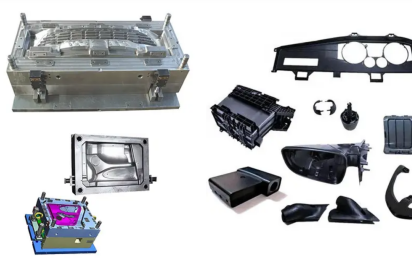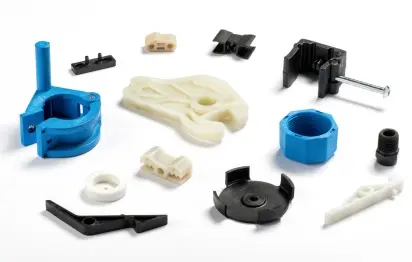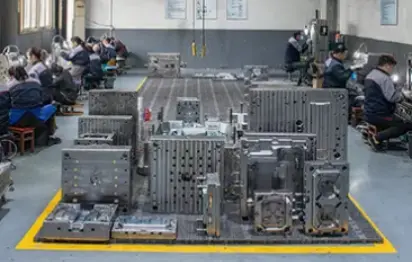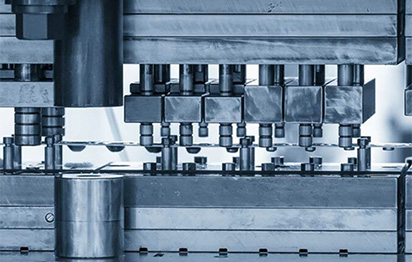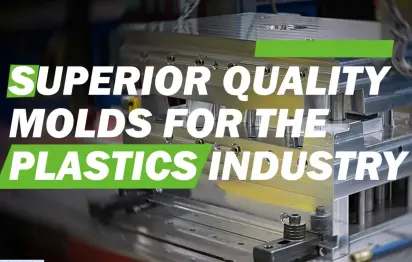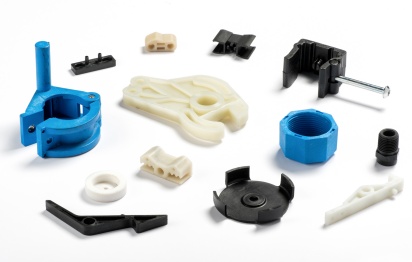Why ABS Plastic Is Ideal for Injection Molding
When it comes to manufacturing durable, cost-effective plastic components, ABS Injection Molding stands out as a preferred solution. ABS (Acrylonitrile Butadiene Styrene) is a high-performance thermoplastic known for its strength, impact resistance, and versatility—making it suitable for a wide range of industries including medical, industrial, and consumer electronics.
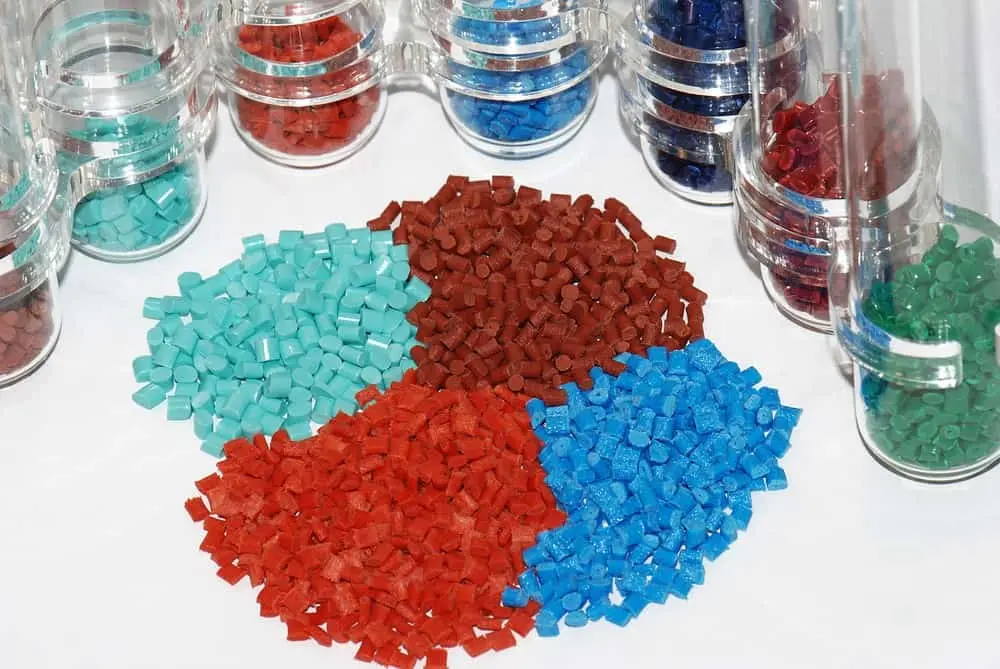
What Is ABS Plastic?
ABS is a tough, amorphous thermoplastic polymer made from three monomers:
Acrylonitrile: Adds chemical resistance and fatigue strength
Butadiene: Improves toughness and flexibility
Styrene: Contributes rigidity and a glossy finish
ABS formulations can be tailored to specific applications by adjusting the ratio of each monomer. This adaptability results in several ABS grades, each offering distinct performance characteristics—such as flame resistance, electrical conductivity, and extrusion properties.
Key Benefits of ABS Injection Molding
ABS is one of the most commonly used plastics in injection molding and 3D printing due to its:
Dimensional stability: Retains shape under changing environmental conditions
High impact resistance: Can absorb shocks and stresses without damage
Heat resistance: Performs well at temperatures between 80°C and 100°C
Chemical resistance: Suitable for use in chemically harsh environments
Mechanical strength: Withstands tensile stress up to 43 MPa
Ease of processing: Easy to cut, mold, and drill, improving manufacturing efficiency
Recyclability: Can be remelted and reused, supporting sustainability
Common Applications of ABS Injection Molding
Thanks to its performance and affordability, ABS is widely used in:
Medical Devices: Used in sterilizable and durable components
Consumer Electronics: Ideal for housing TVs, laptops, and smartphones
Industrial Equipment: Protective panels and covers benefit from ABS's toughness
Plumbing Systems: Used for durable pipes, elbows, and joints
Home Appliances: Common in vacuum cleaners, kitchen gadgets, and casings
The ABS Injection Molding Process
Successful ABS molding depends on several critical factors, including:
Wall thickness and shrinkage
Melt and mold temperatures
Injection pressure and speed
Cooling time and rate
A deep understanding of how ABS behaves under heat and pressure is essential to mold design. These technical factors determine the consistency and quality of the final product.
Why Choose Dx Mold for ABS Injection Molding
Selecting the right ABS grade, designing effective molds, and optimizing injection molding parameters require deep technical knowledge. That's why partnering with experienced professionals is crucial.
For over 15 years, DX Mold has specialized in producing high-quality injection-molded parts for various sectors, including the medical, household, and industrial sectors. Our expertise ensures your ABS components meet rigorous performance and quality standards.
Looking for a reliable ABS injection molding partner? Discover how DX Mold can help bring your plastic parts to life with precision and efficiency.







